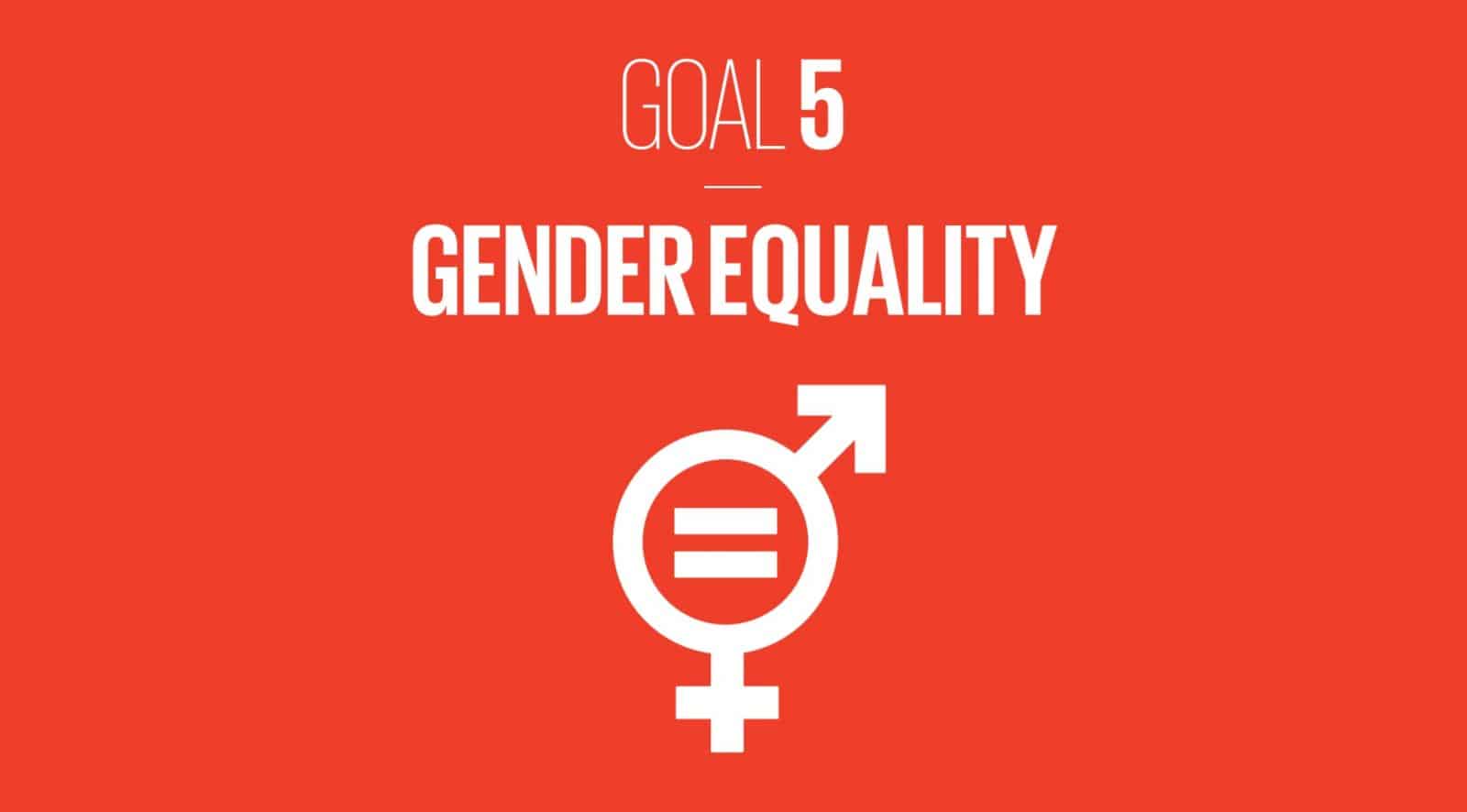Engineering Post Report
The incumbent federal government duly recognizes the relevance of gender equality to the national mandate of achieving growth and prosperity, and the responsibility to ensure that the national policies and programmes serve women and men equally.
According to the available relevant data, women constitute 48.7 per cent of Pakistan’s population. According to the 2021 Global Gender Gap Index, Pakistan has moved down from 151st to 153rd ranking now fourth to last globally.
The complete potential of 48.7 per cent of the country’s population ,however, remain barred through inequality of opportunities across multiple dimensions. The literacy level of men is 71.1 per cent as compared to 46.5 per cent for women, resulting in less numbers of independent women. Although an estimated 60 million women are of working age, only 22.6 per cent participate in ‘paid’ labour.
In 2020-21, under the Ministry of Human Rights , Poverty Alleviation and Social Safety Division, funds amounting to Rs 271 million were allocated for women empowerment. Furthermore, all programmes under Ehsaas also have women quota,
Trough multiple consultations and following the dismal national standing on international development indices, the federal government has highlighted gender equality as a high priority goal. Accordingly, the establishment of Social Sector Accelerator will facilitate evidence-guided policy reforms and stimulate development of key intervention packages, while engaging national and international experts to expedite the closing of gender gap across employment, education and political participation by identification of and supportive supervision to priority reform interventions in 2021-22.
While the Agenda 2030 and global gender gap provides a framework, there are key sectoral challenges that need to be addressed in mainstreaming gender and designing gender-transformative policies, as the priorities were set sometime back for the ongoing financial year 2021-22.







